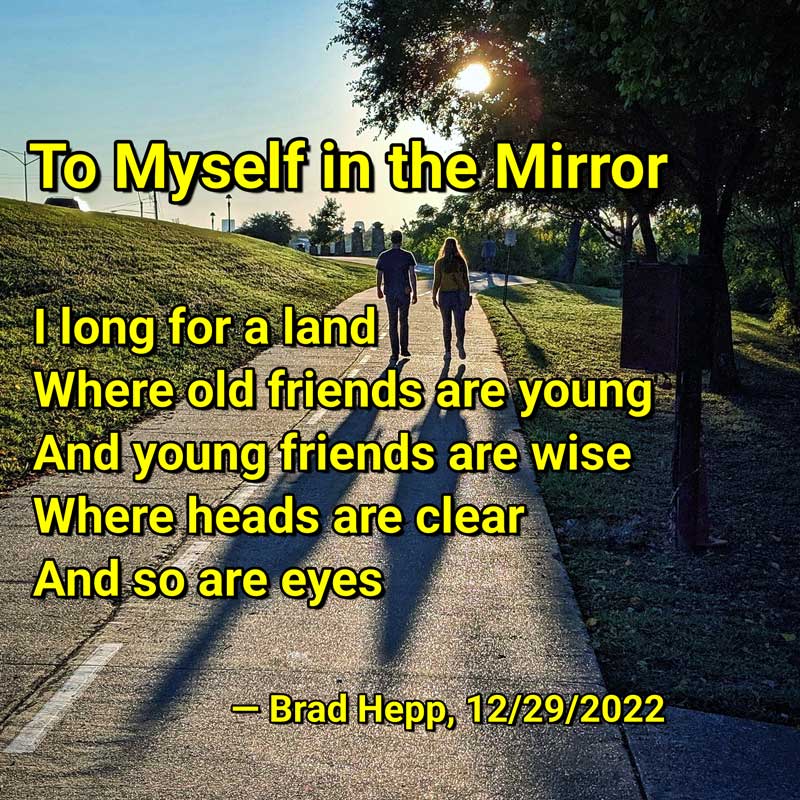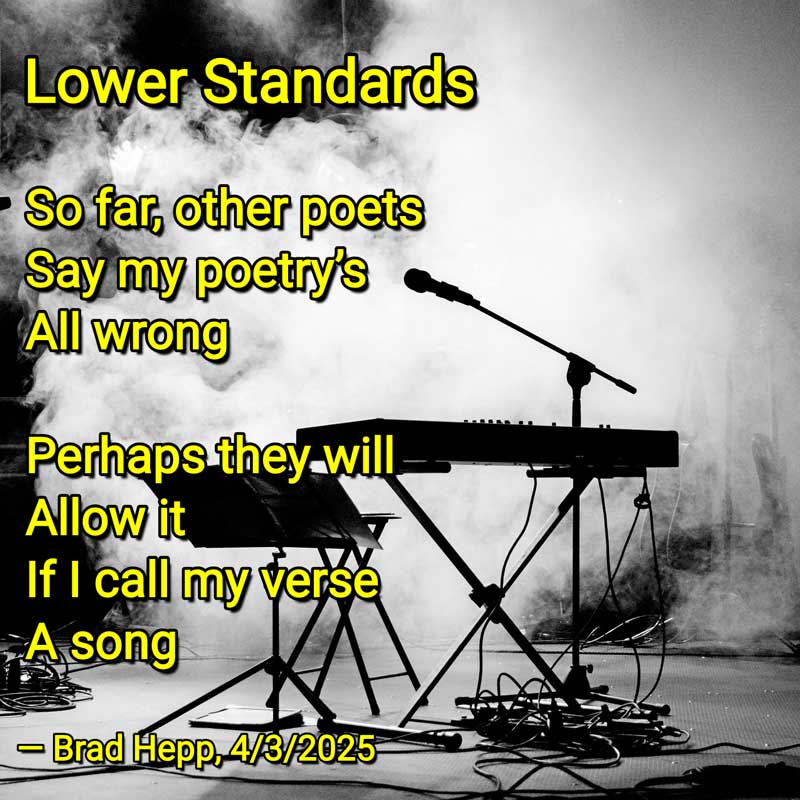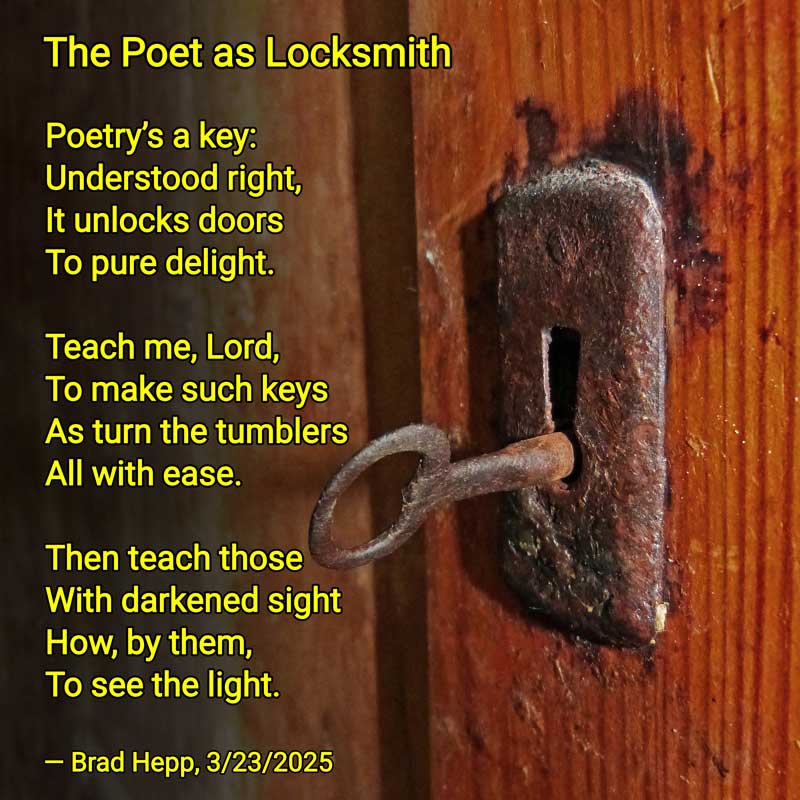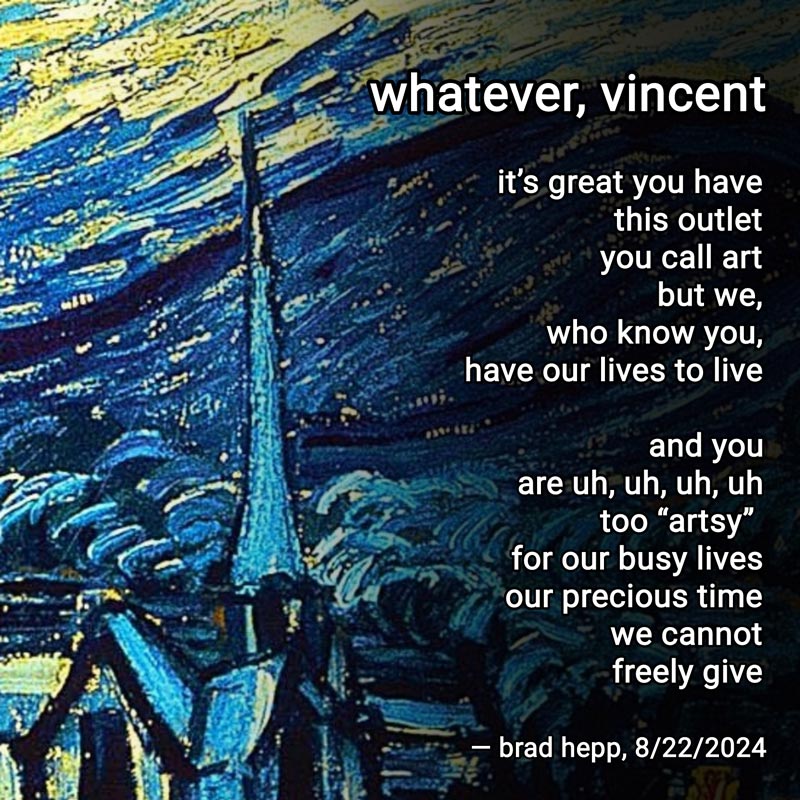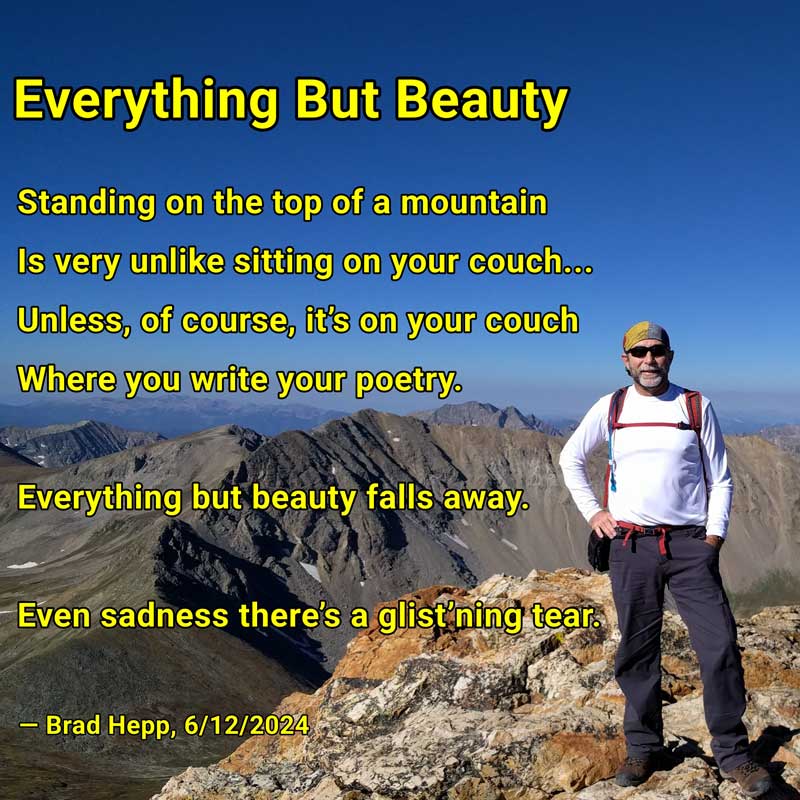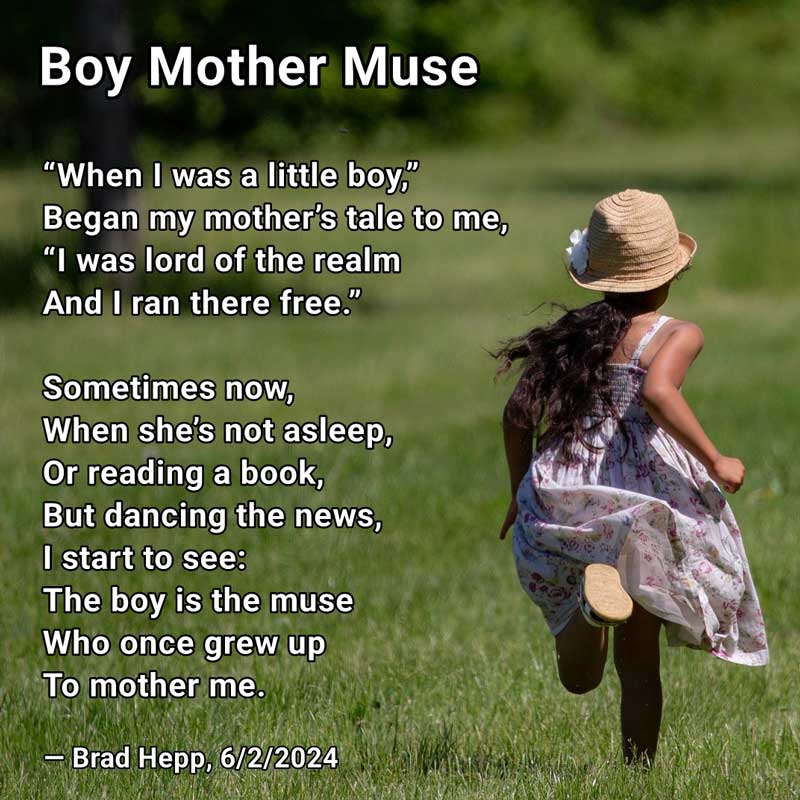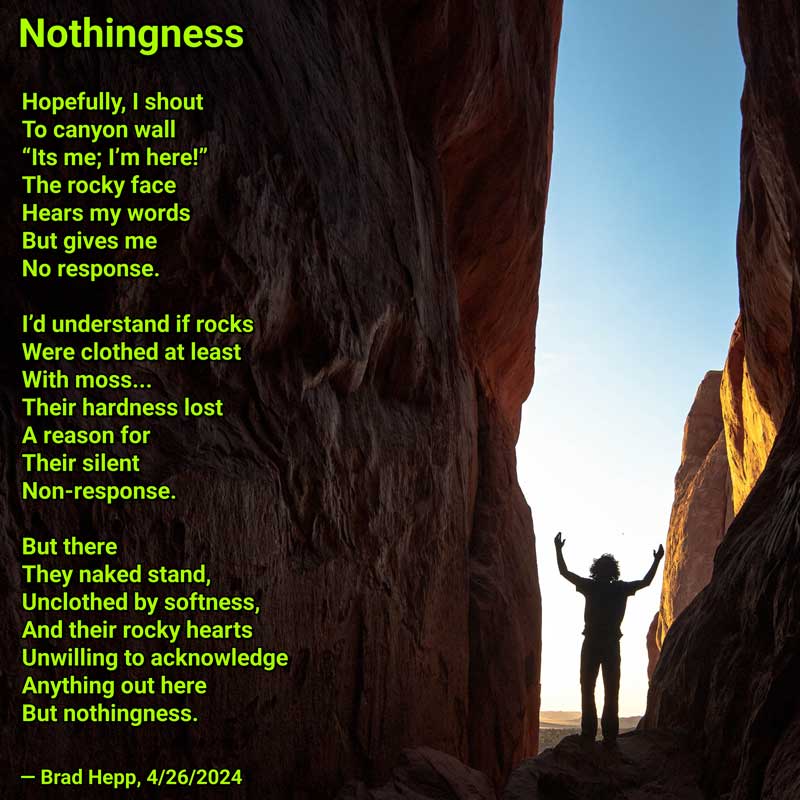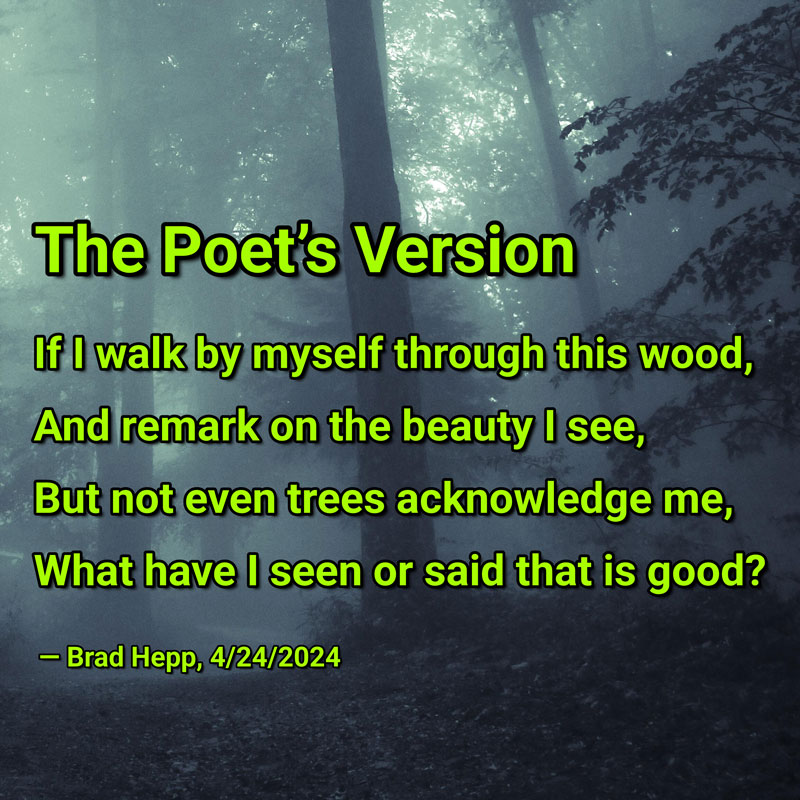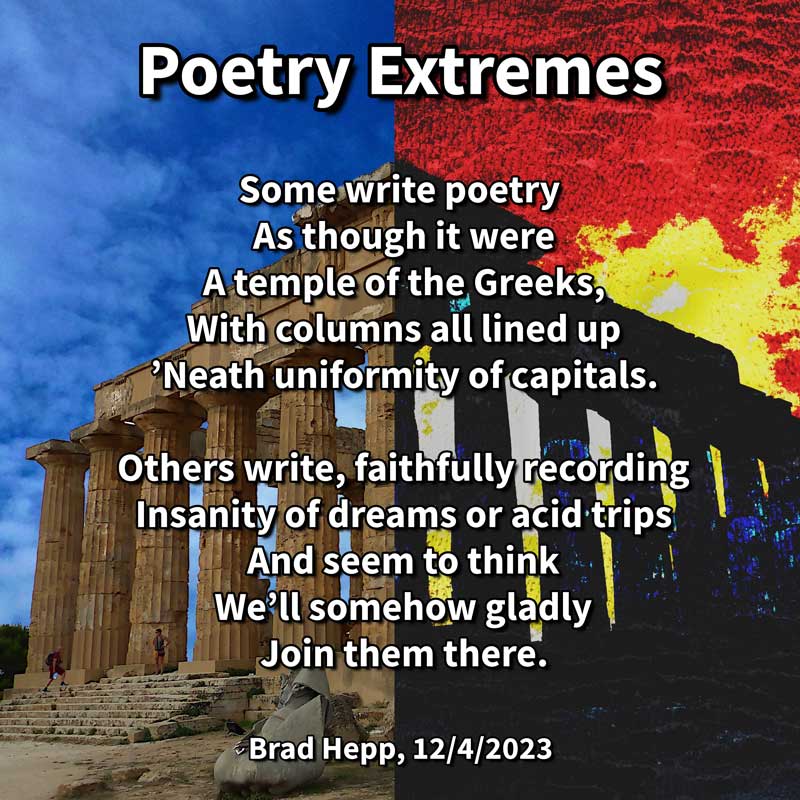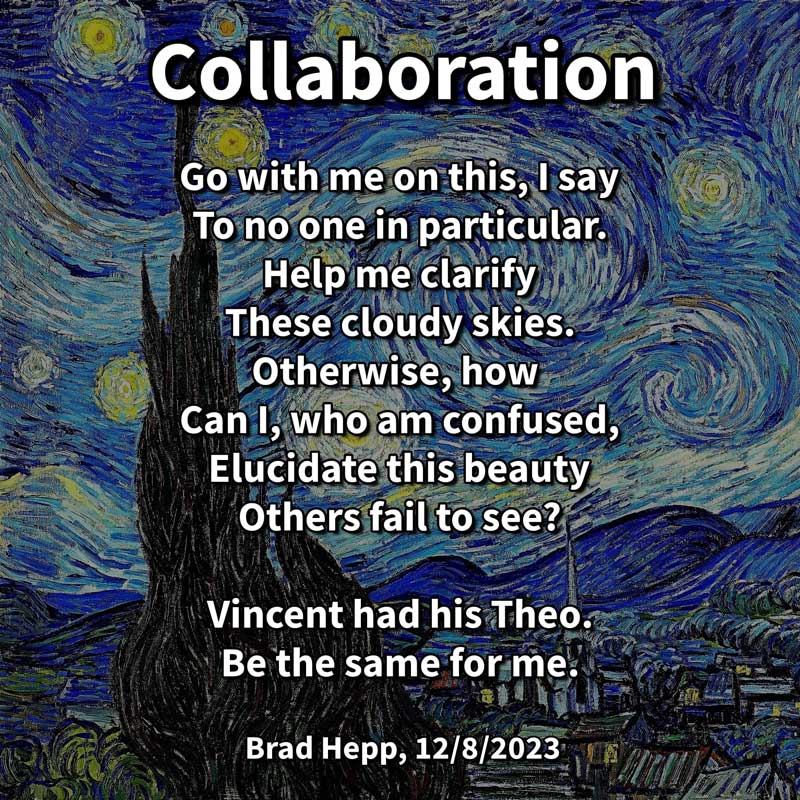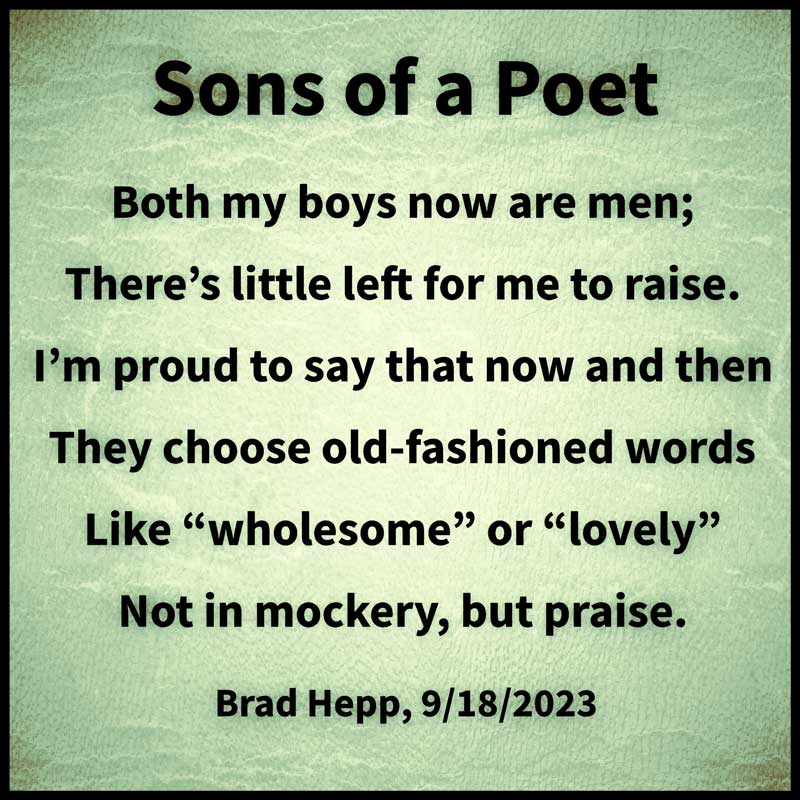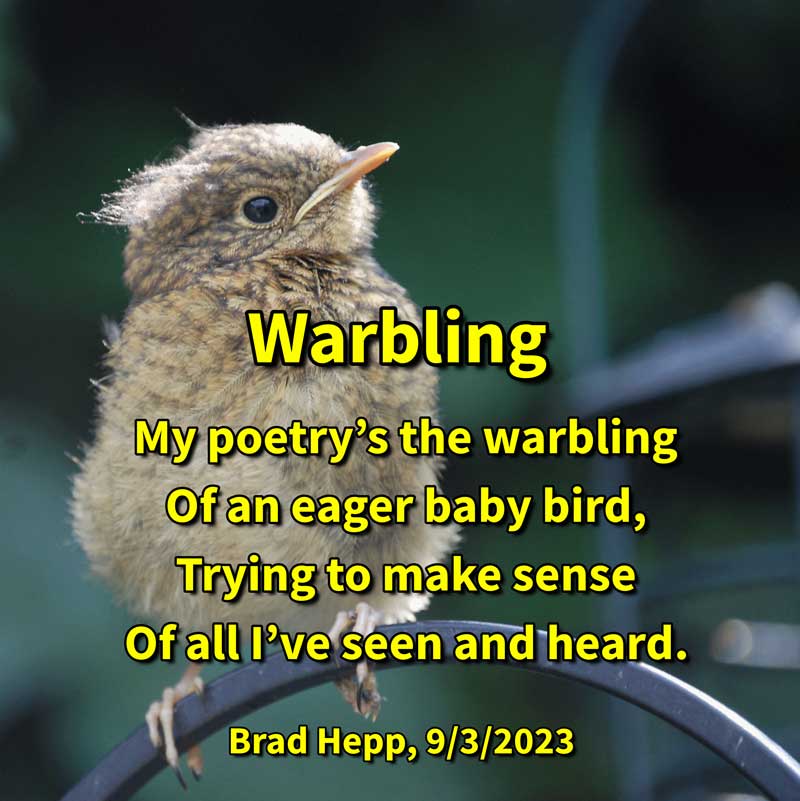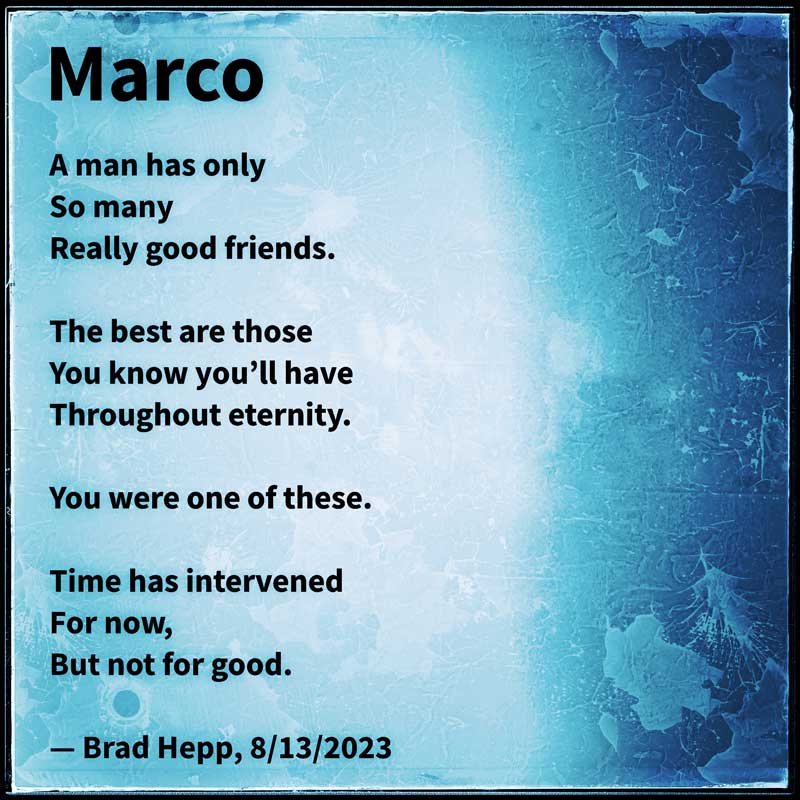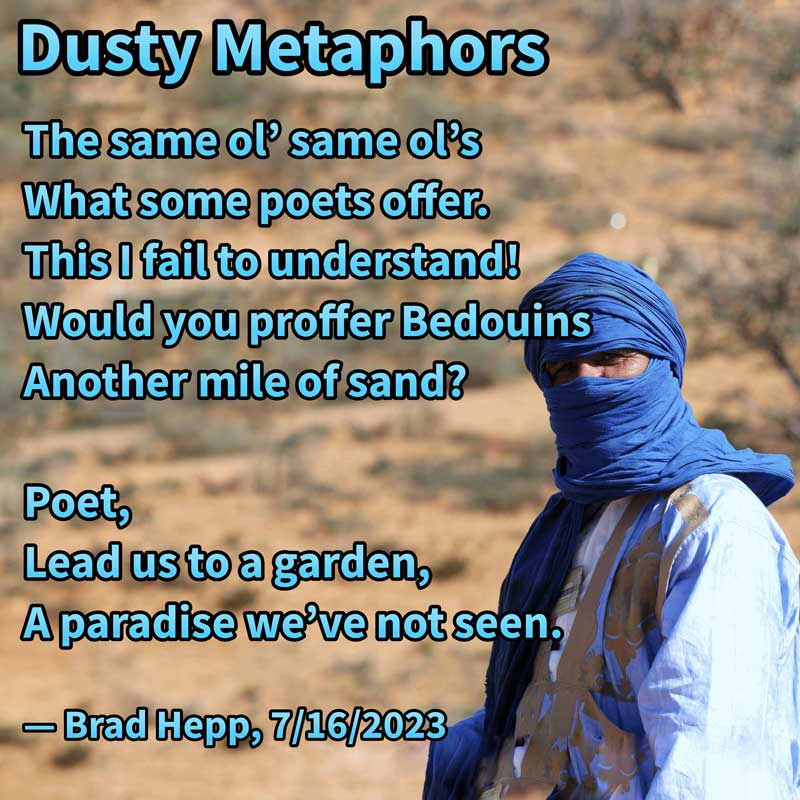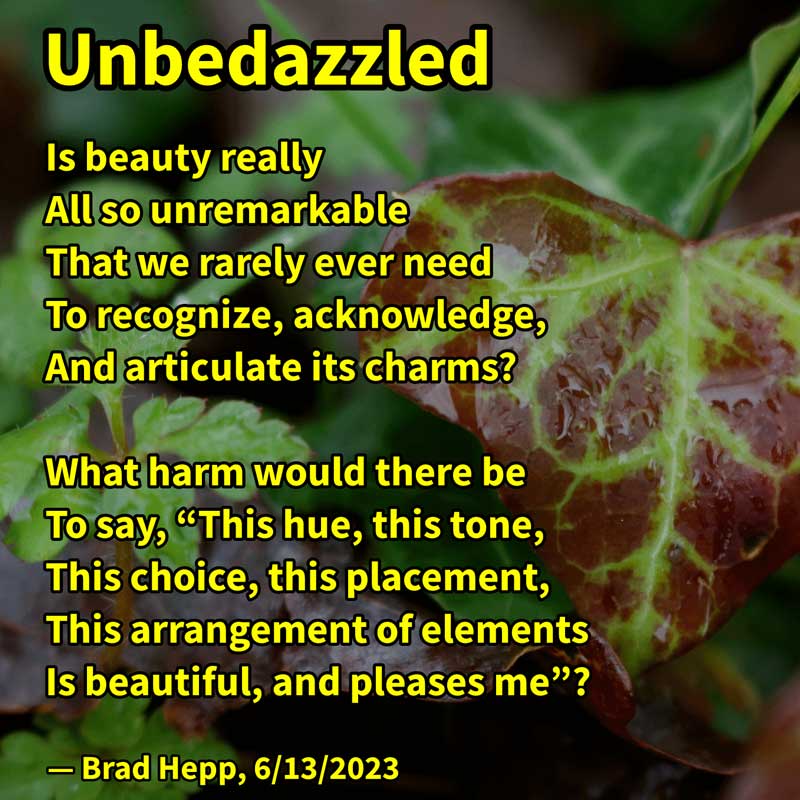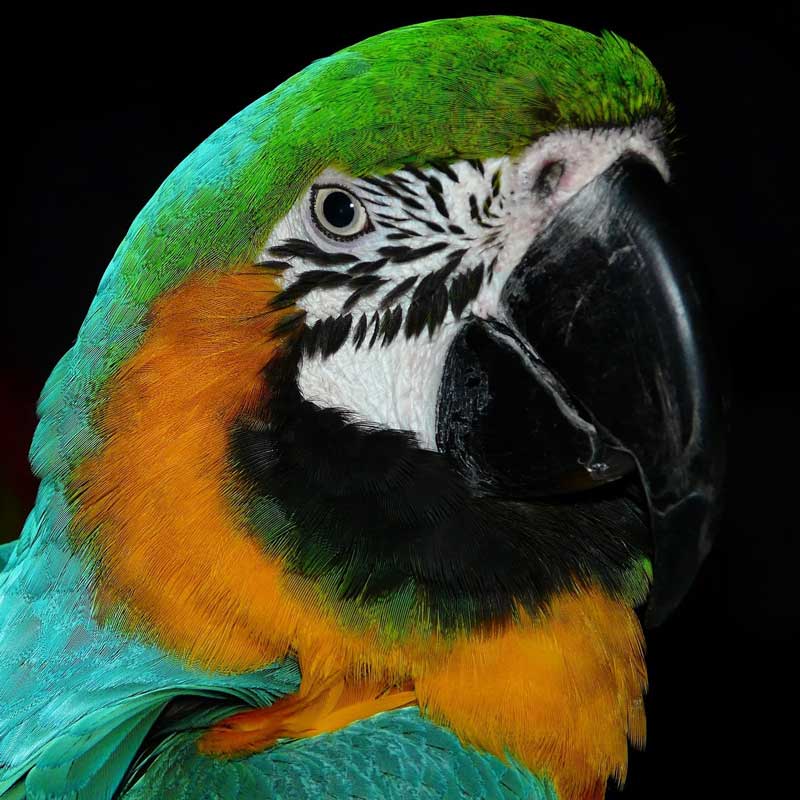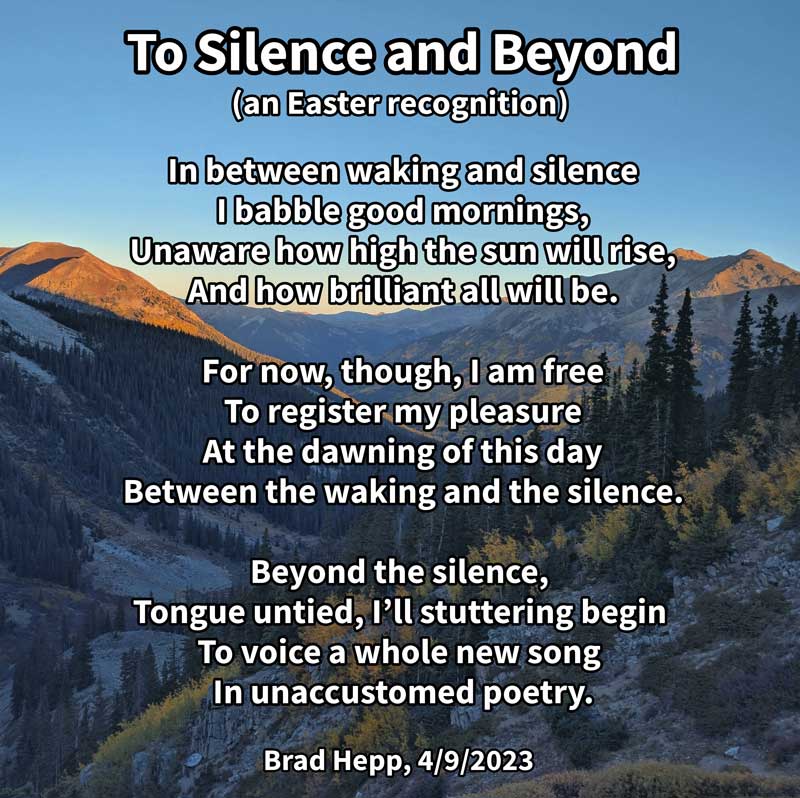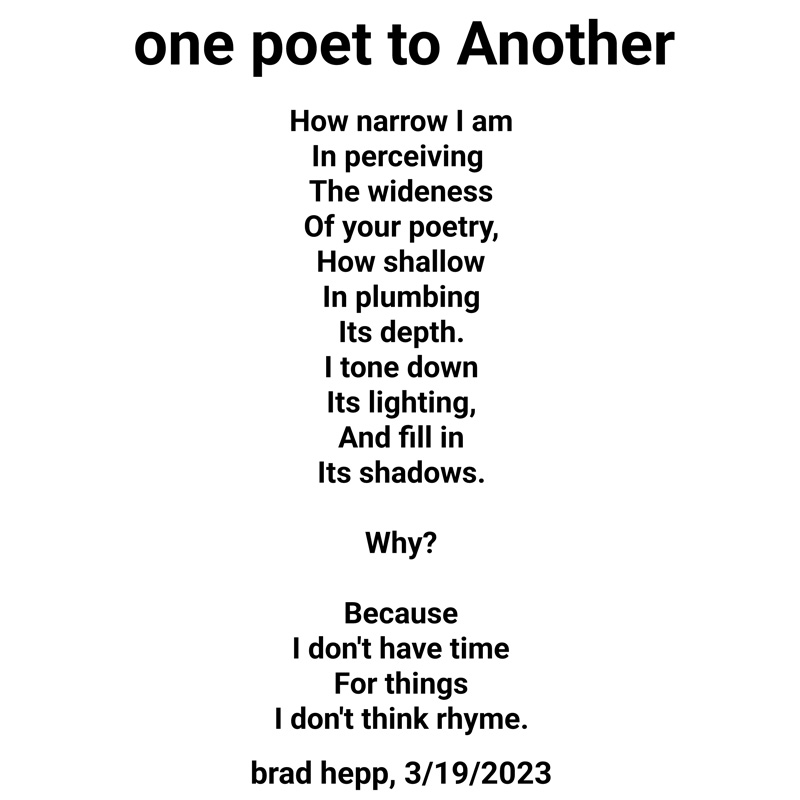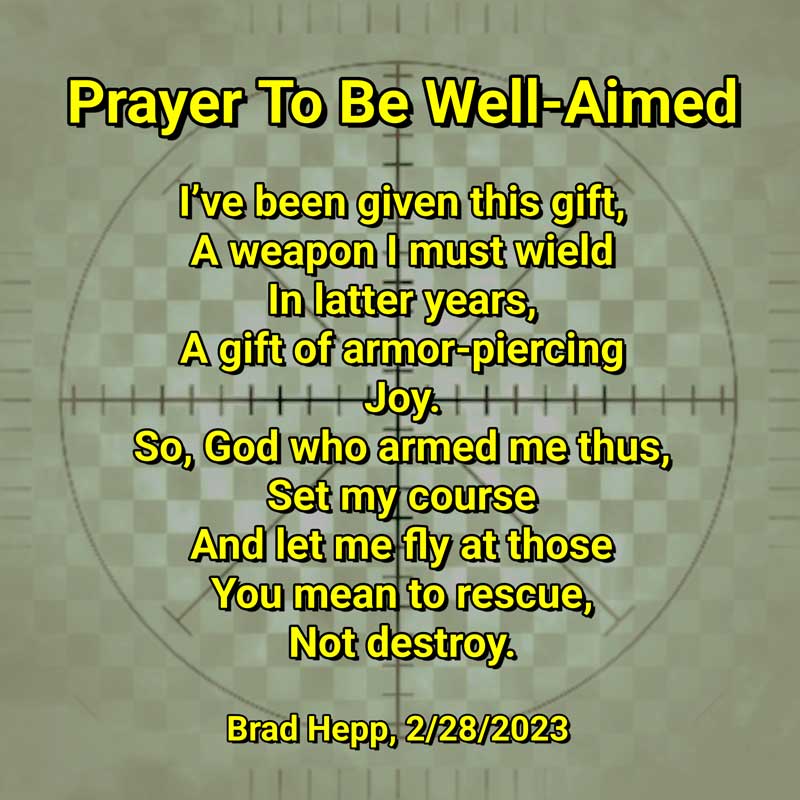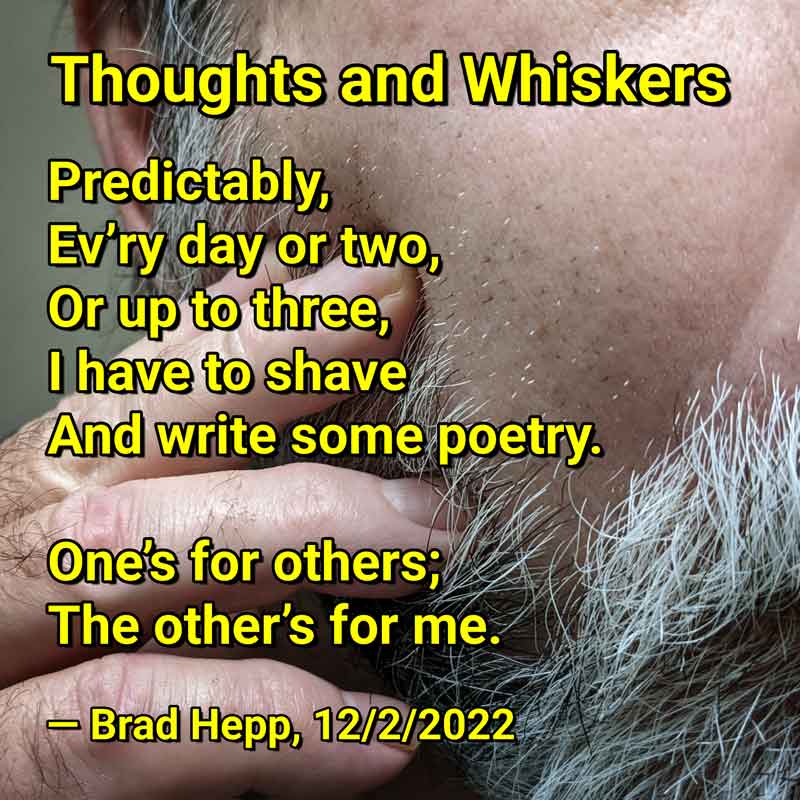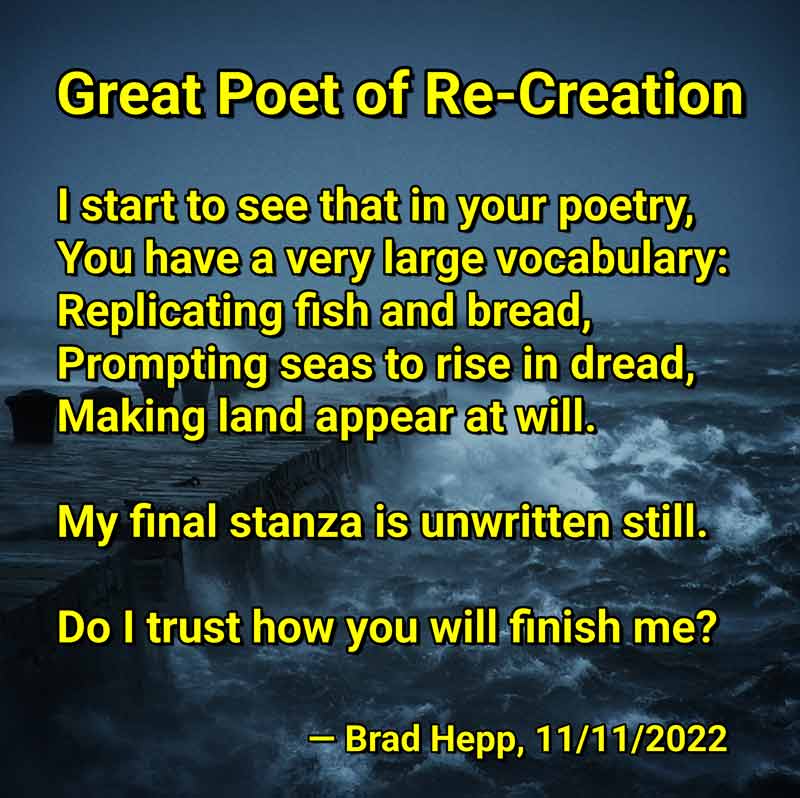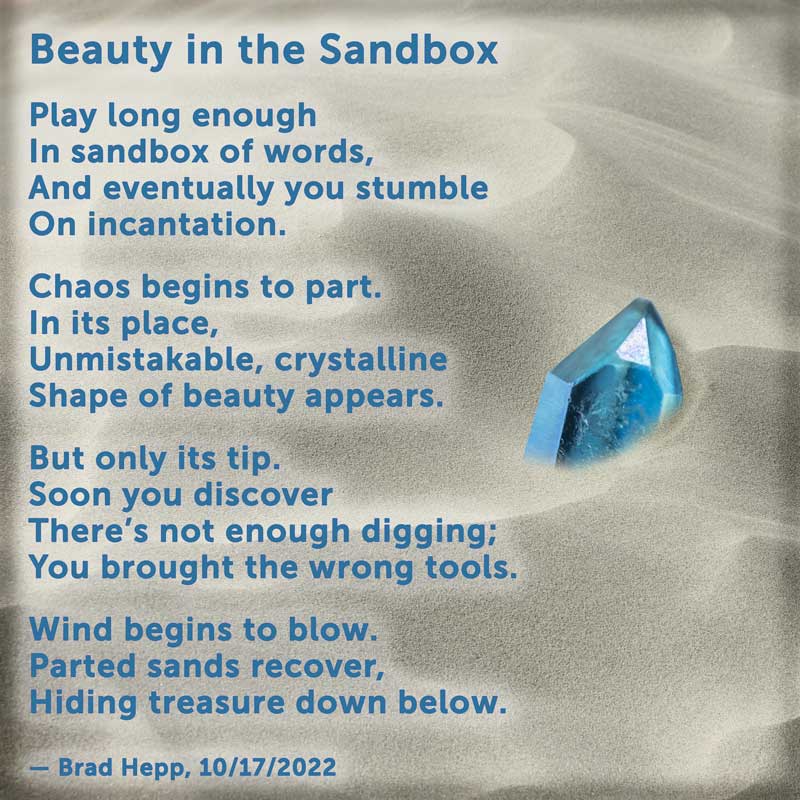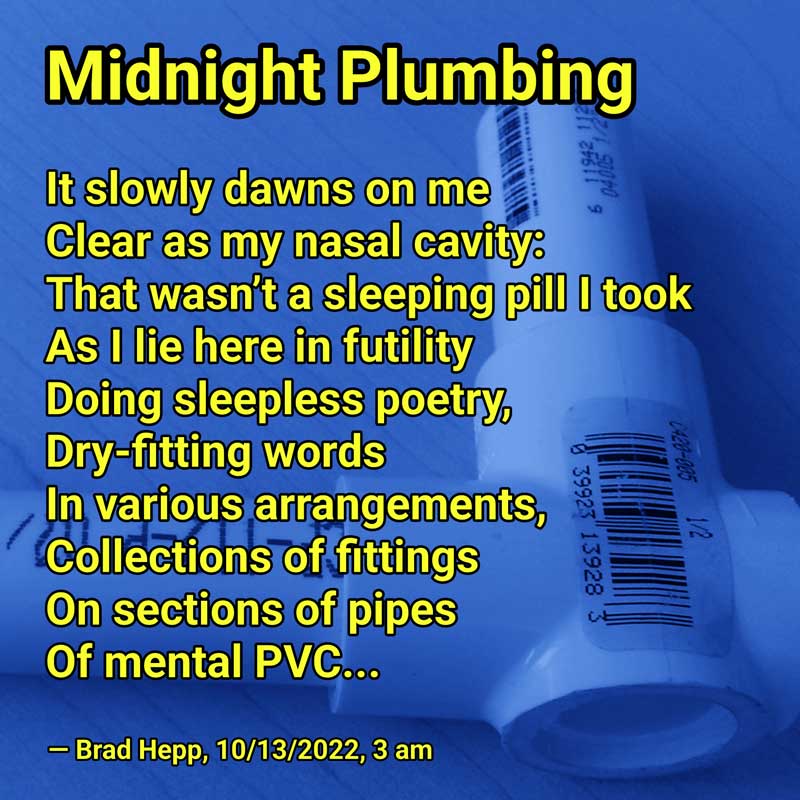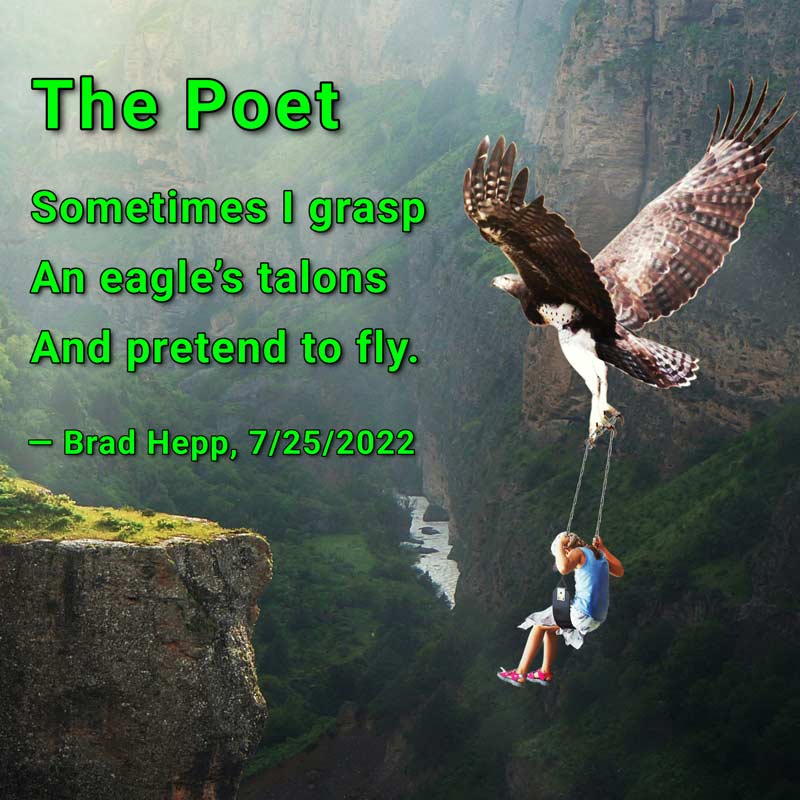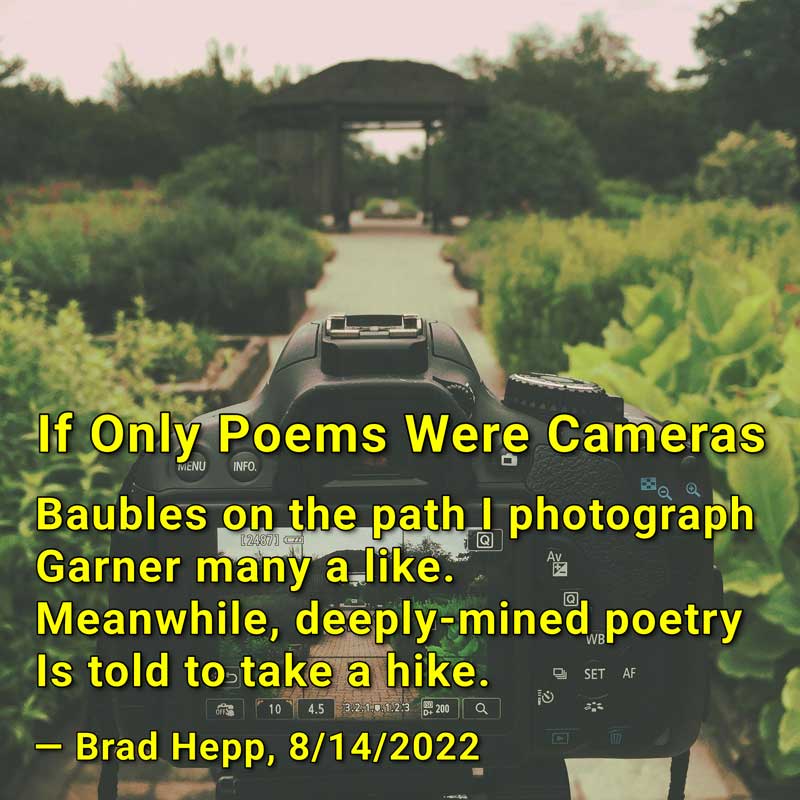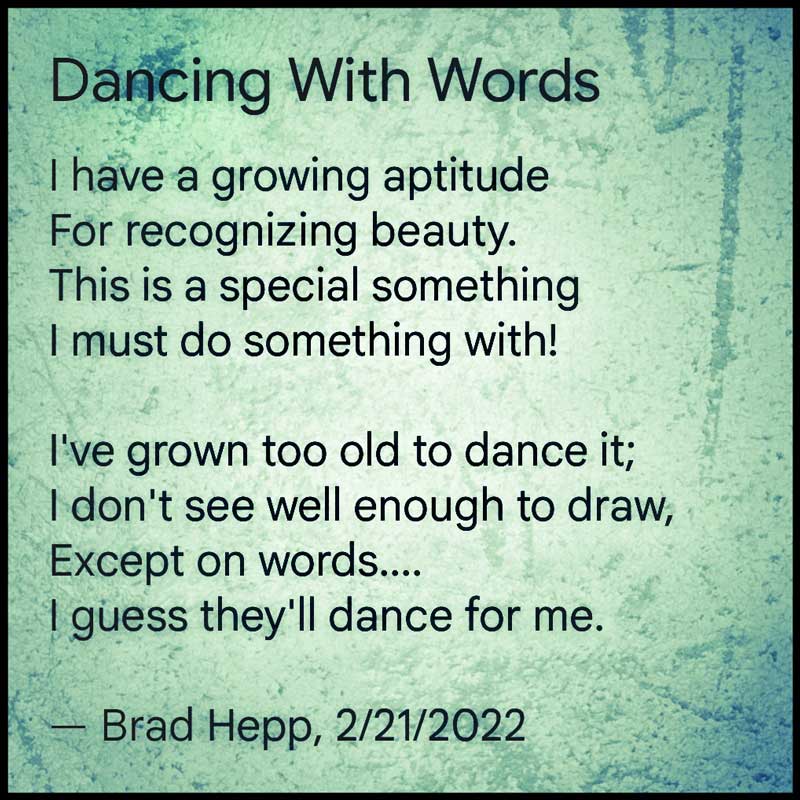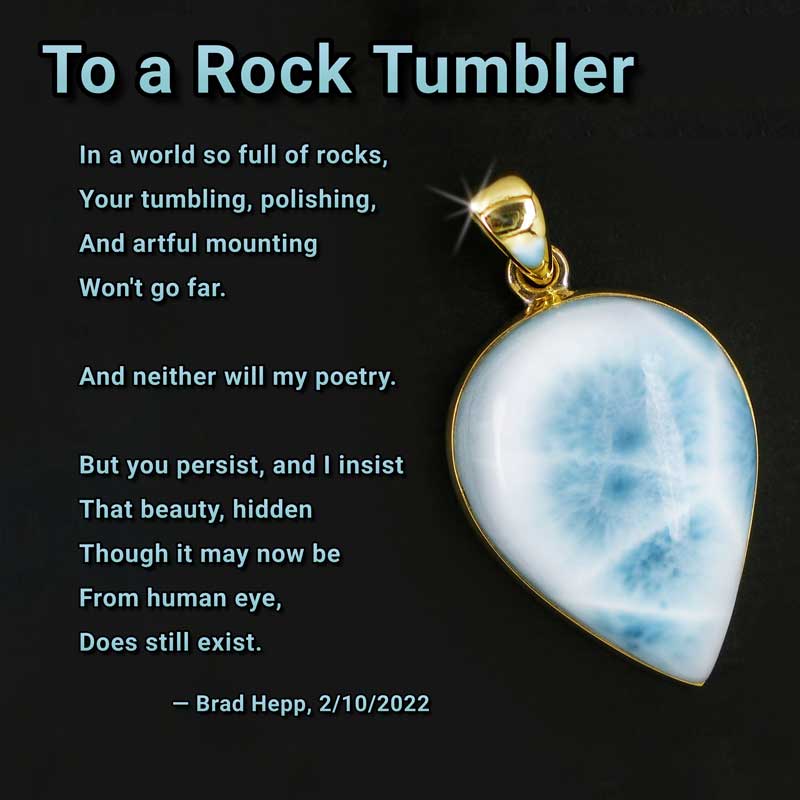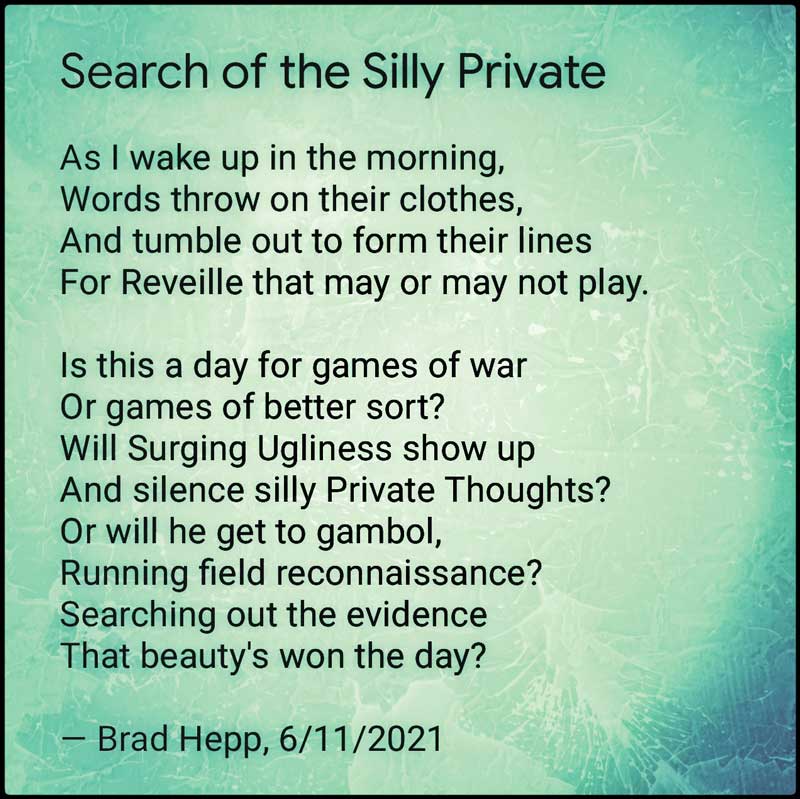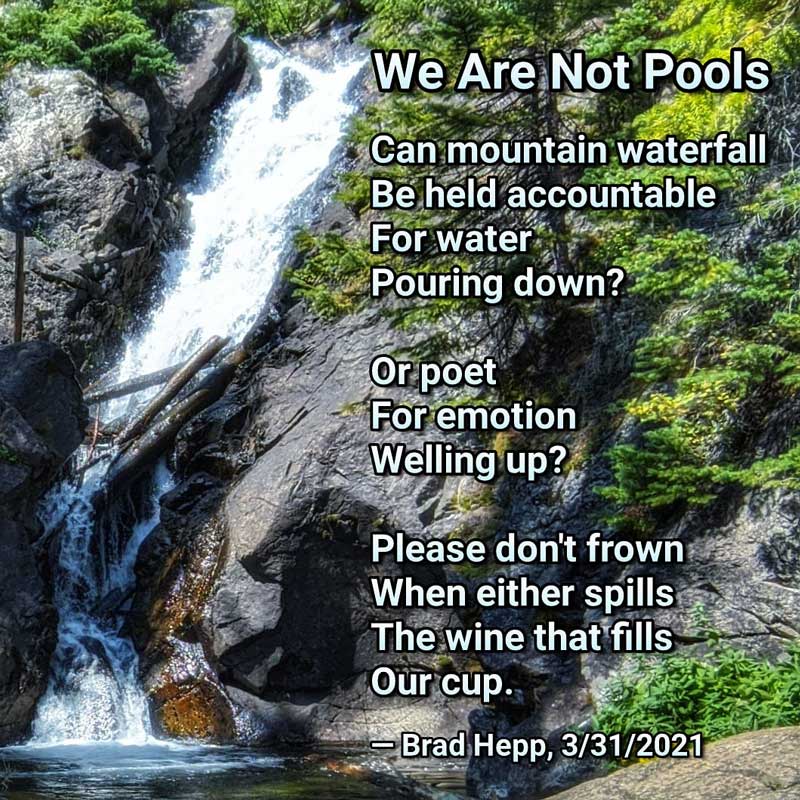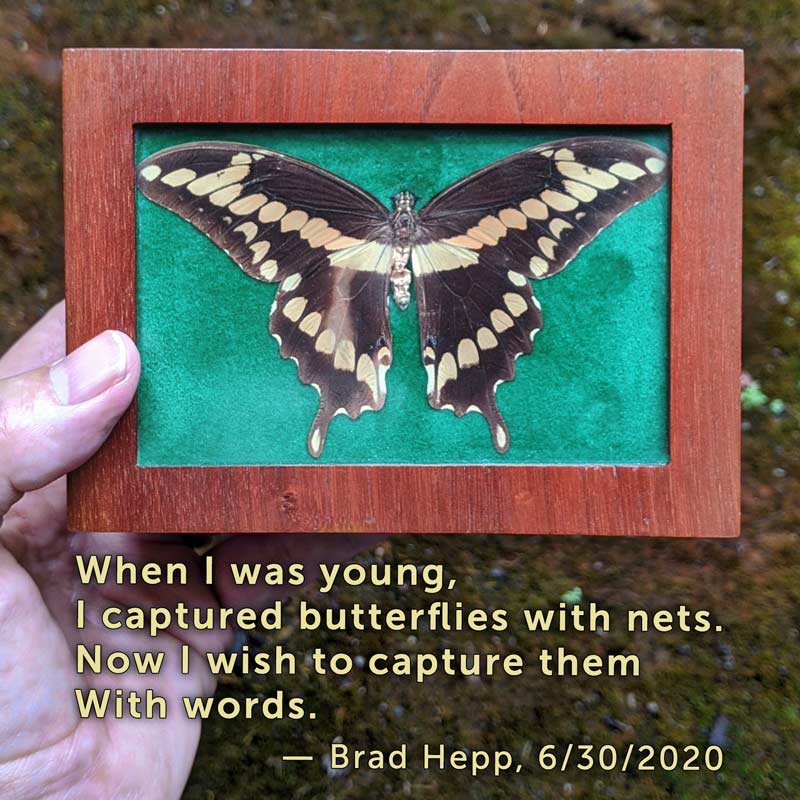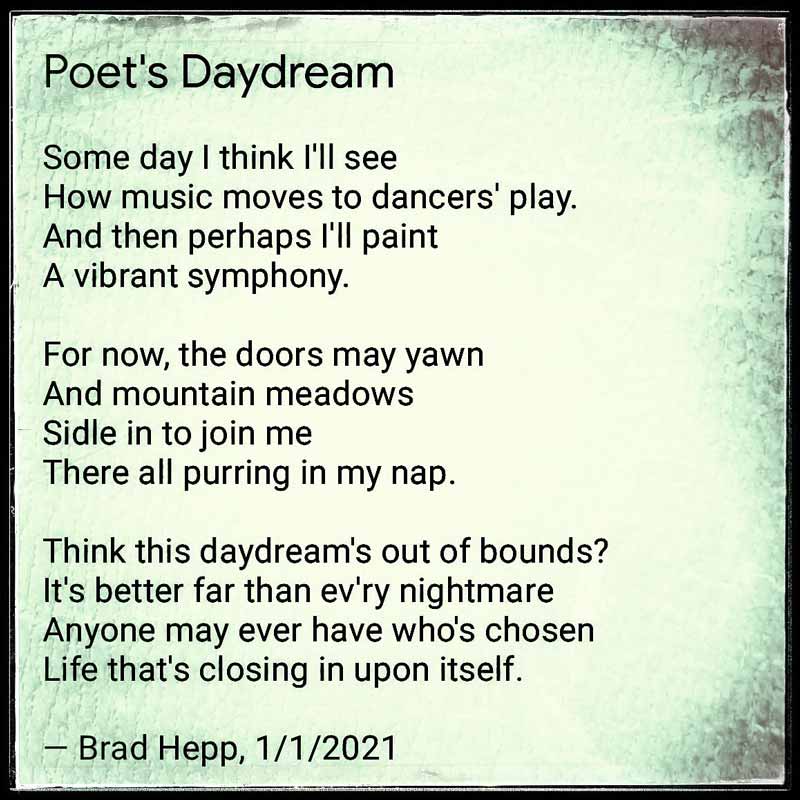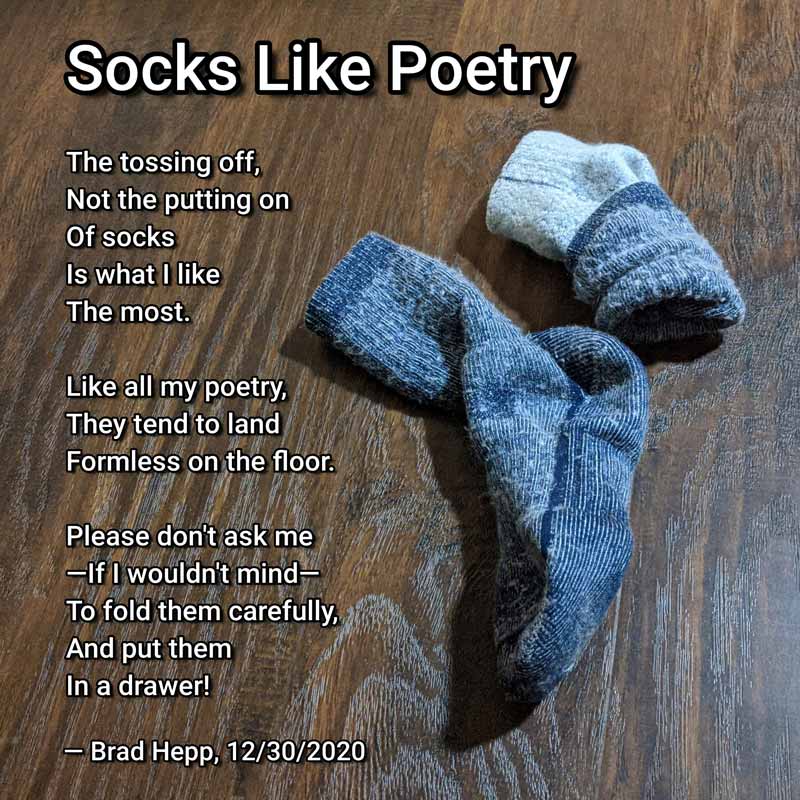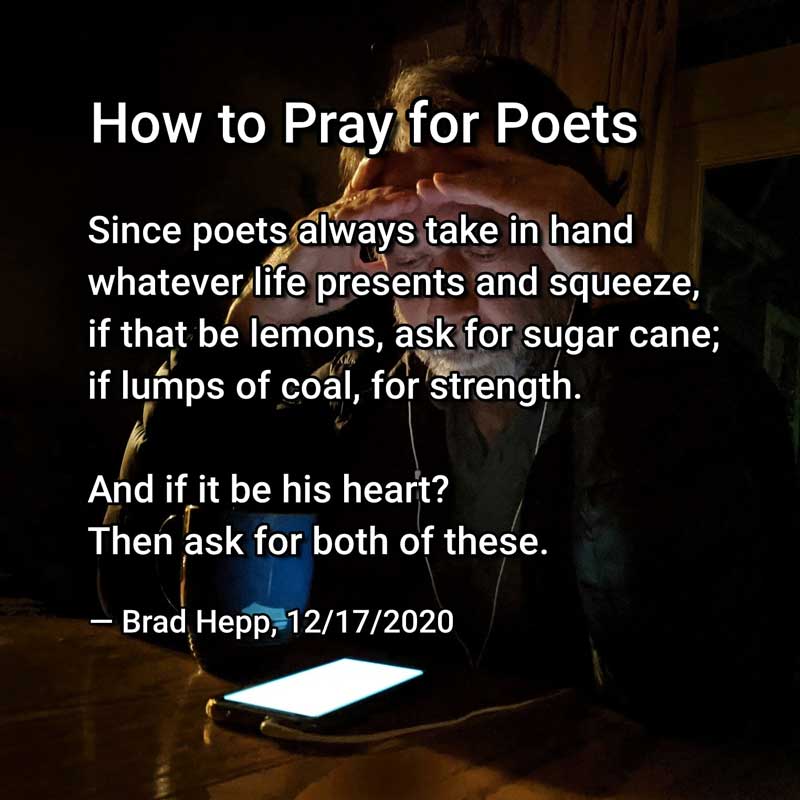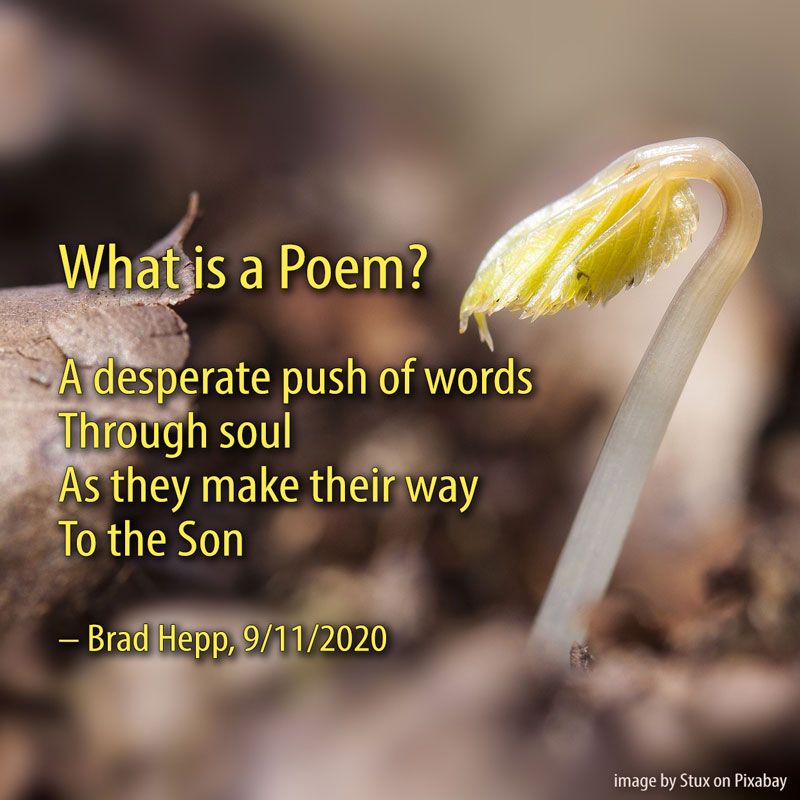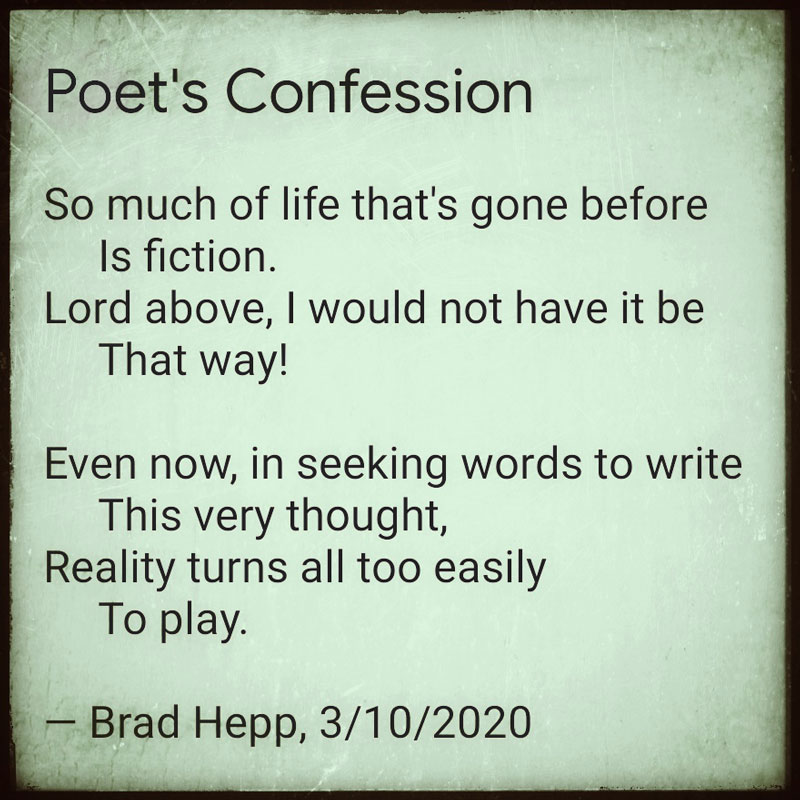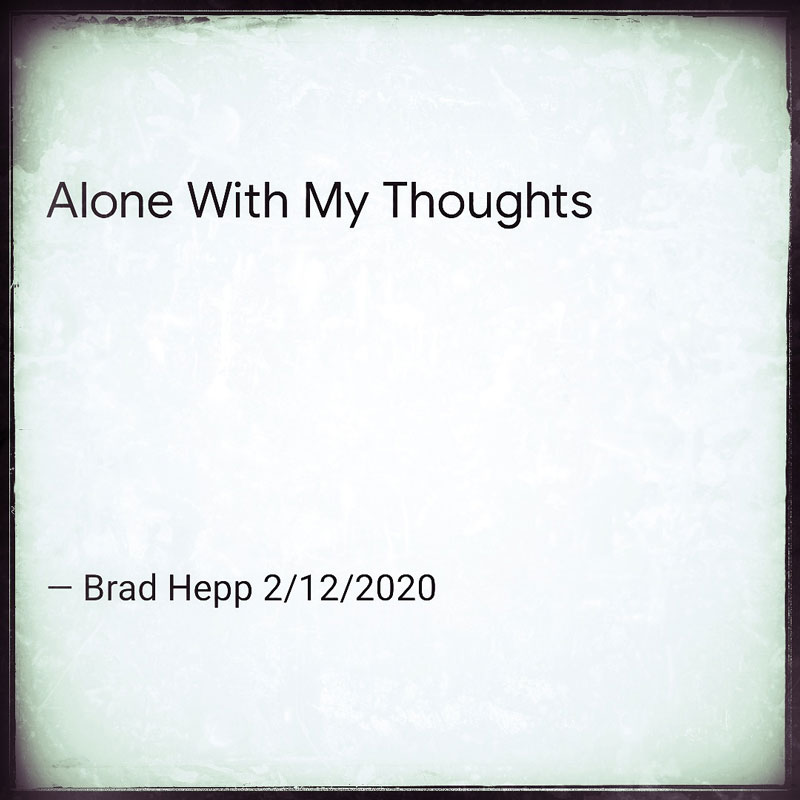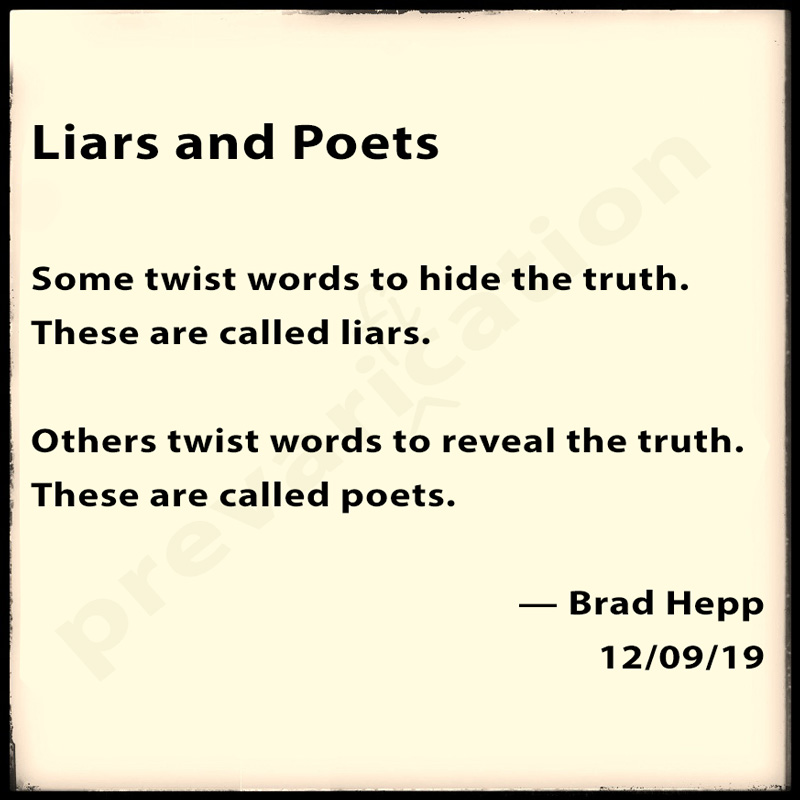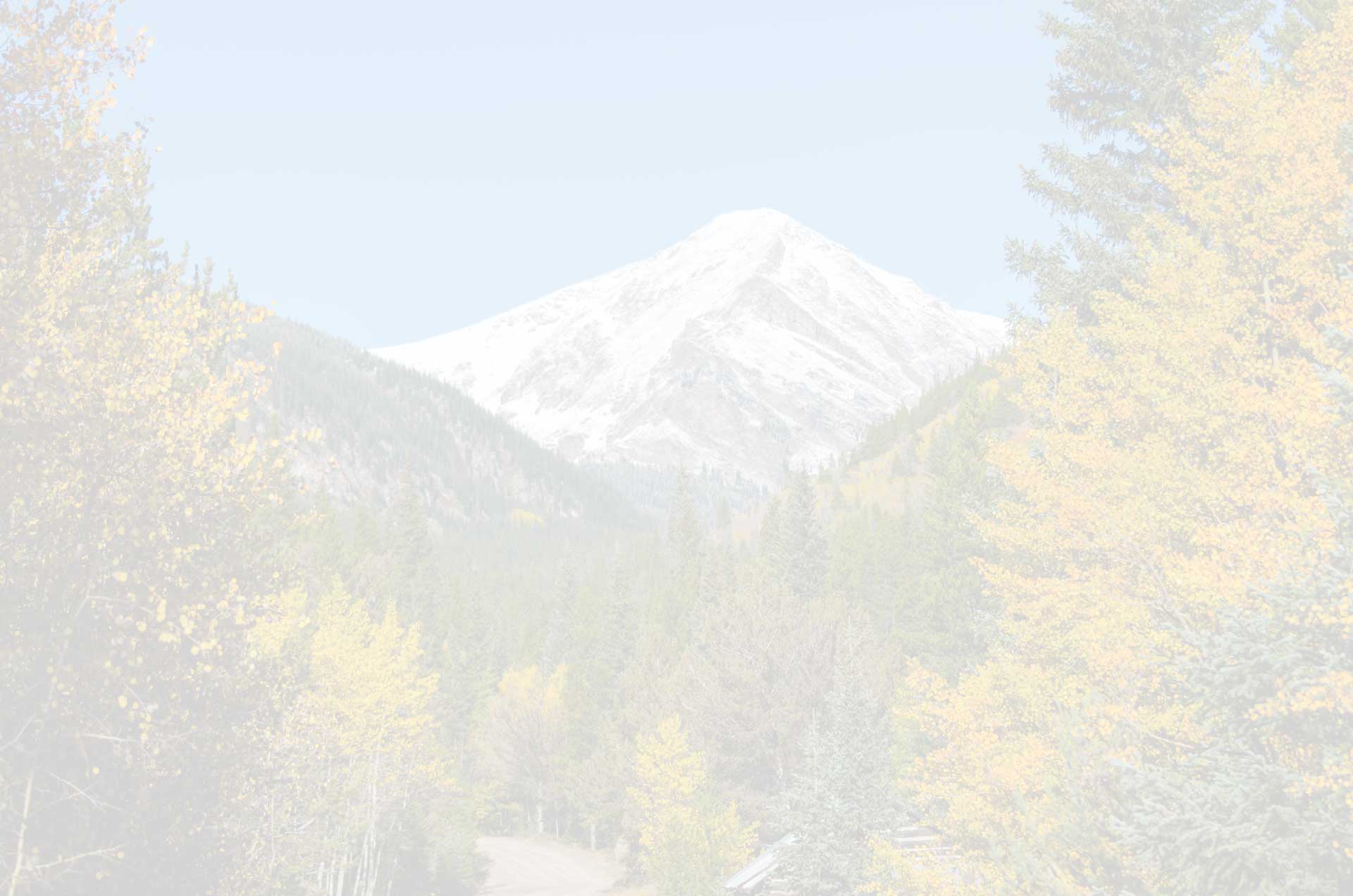(if you are viewing this via email, the website has a recording of this poem and commentary; click the title above)
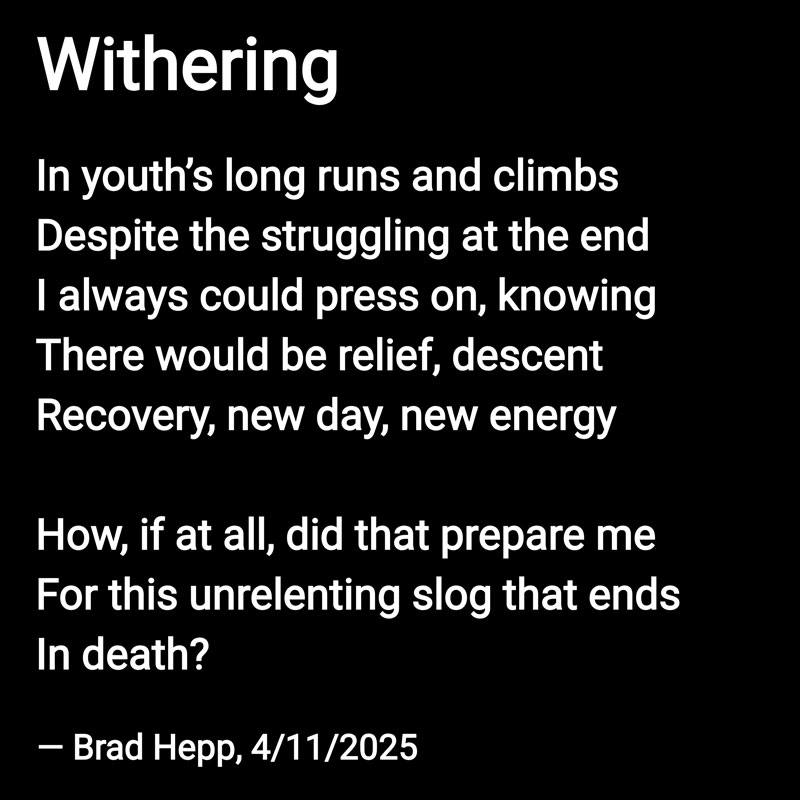
Commentary
“Where does it hurt? asks the doctor. “In this area,” says the patient, putting a hand on his neck. The doctor starts probing, trying to narrow down the exact location and source of the pain.
This poem is me saying the equivalent of “My neck hurts.” It could be my knee, or my foot, or my shoulder. But the pain is even more general than any of those vague locations. It’s a dull emotional pain that mutters a self-important, “My God, my God, why have you forsaken me?”*
The poem hardly qualifies as a poem, but it prompted responses from wise friends. They read between the lines and reminded me that old age and its pain are not meaningless, and certainly not abandonment.
One incisive friend wrote
As our natural vigor declines, the “slog” provides opportunities to reveal God’s presence with a strength that cannot be easily written off as merely the fruit of happy circumstances. “My power is made perfect in weakness.”
My friend was the doctor saying “Maybe your neck hurts because you’ve been straining to keep an eye on this mirror. Put the mirror down and look up!”
I wrote back, “This may be too out-of-context to make sense, but you remind me of some lines toward the end of one of my favorite poems:
Look not thou down but up!
To uses of a cup,
The festal board, lamp’s flash and trumpet’s peal,
The new wine’s foaming flow,
The Master’s lips a-glow!from “Rabbi Ben Ezra” by Robert Browning
In other words, the emotional component of this painful slog comes in part from forgetting that God takes pleasure in us… not in our pain, but in our loving, grateful, and Spirit-enabled response.
As I grow up, maybe I’ll come to really understand that.
Here’s another poem that expressed the same frustration I experience with aging:
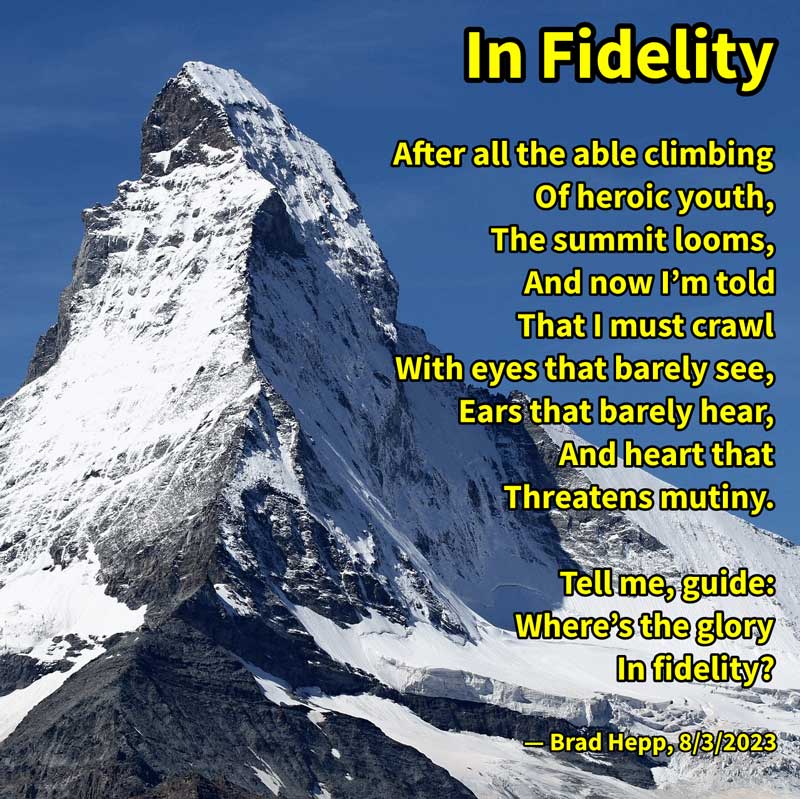
_________
*I don’t mean any kind of blasphemy by what I wrote here. What I intended is actually self-deprecation. I’ll have to give this more thought….

